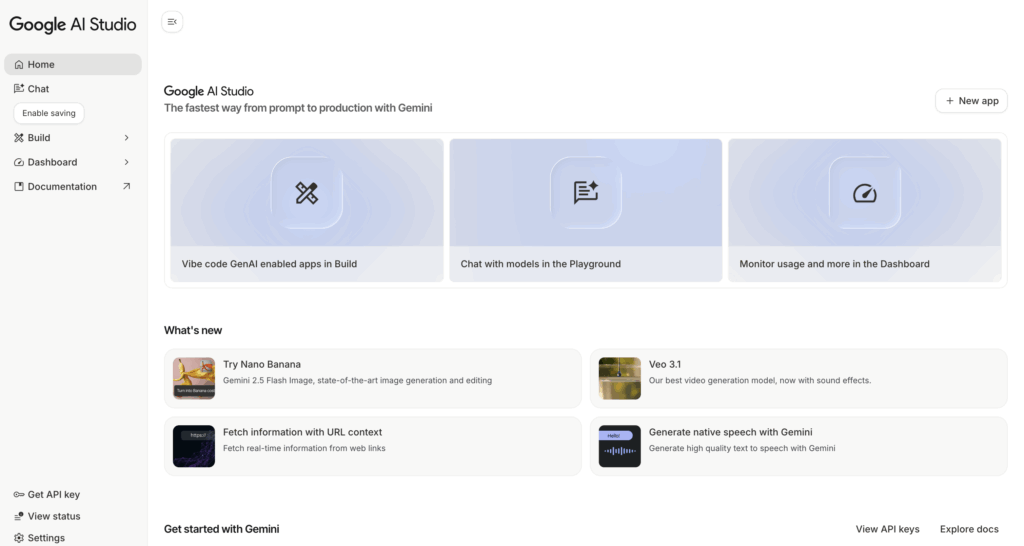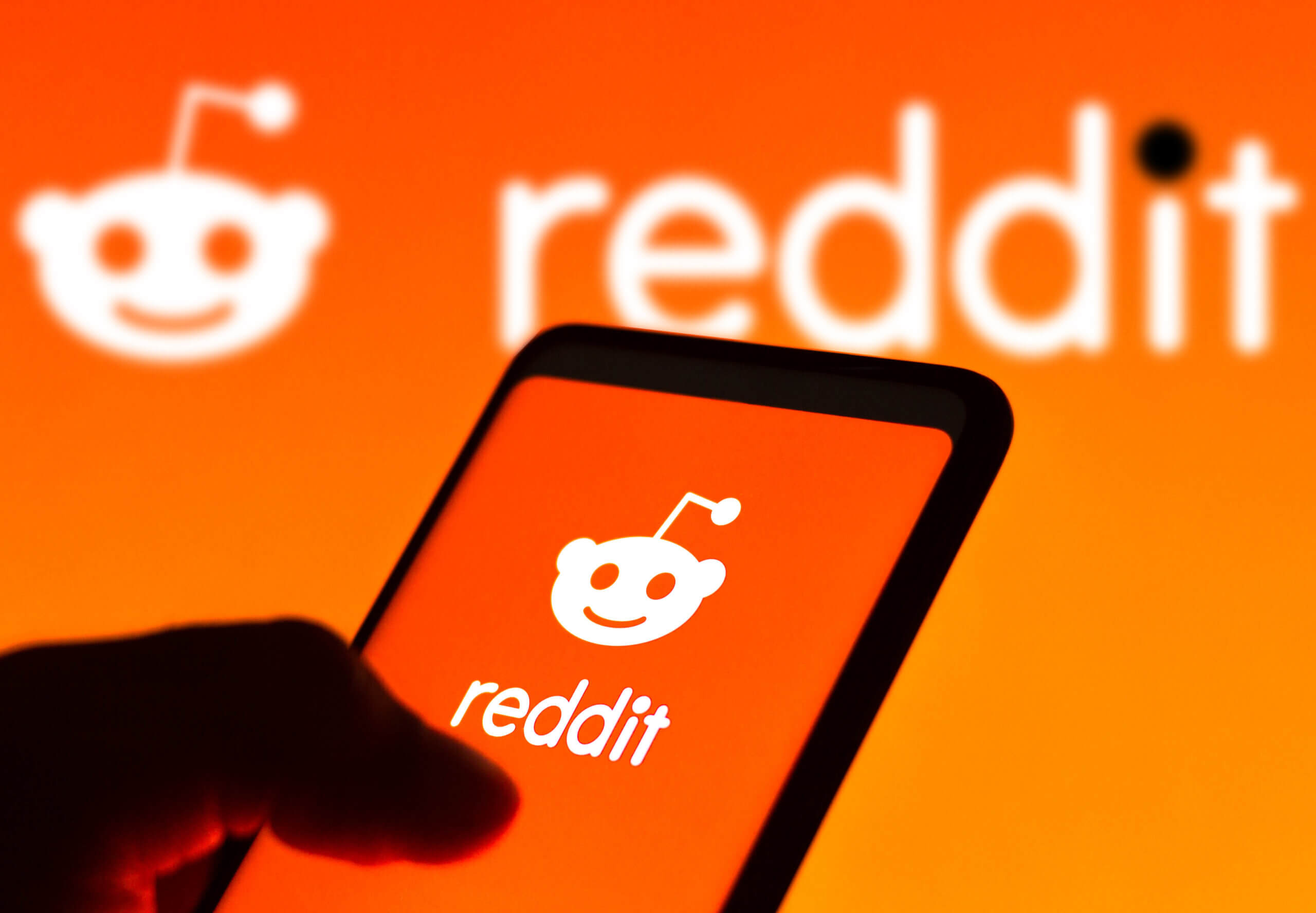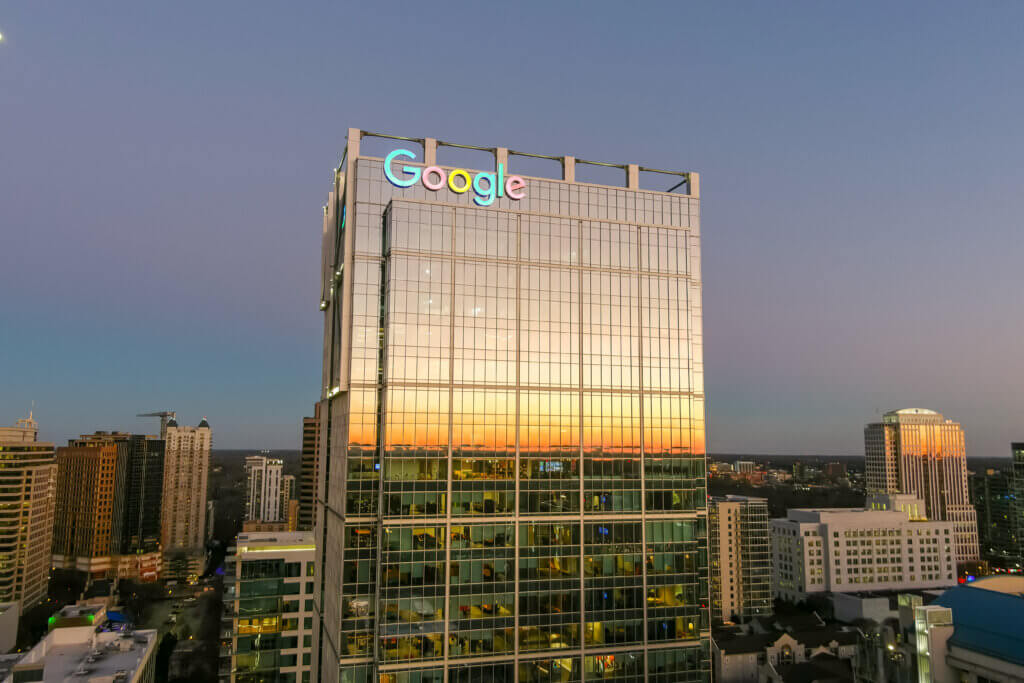This week brought a major browser launch, a high-profile lawsuit, and updates to tools shaping how creators build with AI. Here are the most important developments and why they matter for marketers, content teams, and business leaders.
1. OpenAI Launches ChatGPT Atlas
OpenAI released ChatGPT Atlas, a browser built around its flagship AI model. Instead of opening ChatGPT in a separate tab, Atlas brings AI directly into the browsing experience and can analyze the content of the web pages you view.
It is currently available on macOS for Free, Plus, Pro, and Go users. OpenAI says versions for Windows, iOS, and Android are coming soon.
Read our full breakdown here: ChatGPT Atlas: A Browser That Thinks With You
Confirmed features include:
- A ChatGPT sidebar that can summarize, explain, and answer questions about the page you are on
- An optional browser memory feature that lets Atlas recall past activity to provide more relevant context
- Agent Mode for paid users that can take limited on-page actions like navigating links or filling forms
- Clear, accessible privacy settings that let users control what the AI can “see”
This positions Atlas as more than a Chrome alternative. It is attempting to make browsing conversational and assistive.
Why ChatGPT Atlas Matters
The traditional search workflow looks like this:
Search → Click → Scan multiple tabs → Compile notes
Atlas introduces a new pattern:
Ask → Read → Act
For marketers and content teams, that shift could:
- Reduce dependency on search results pages
- Reward pages structured for summarization
- Increase the value of clear headers, bullets, and extractable insights
It also raises new questions about privacy and trust. Atlas’s memory feature is opt-in, and OpenAI says browsing data is not used for model training unless users choose to share it.
2. Reddit Sues Perplexity AI Over Data Scraping
Reddit filed a lawsuit in federal court this week accusing Perplexity AI and three data-scraping companies of “industrial-scale, unlawful” scraping of Reddit user content.
Reddit’s complaint alleges:
- Perplexity used scraped Reddit posts and comments without a license
- Third-party scrapers provided access to large volumes of Reddit data
- Reddit issued a cease-and-desist in 2024 related to similar activity
Reddit differentiates this from its licensed partnerships, including deals with Google and OpenAI that allow those companies to use Reddit data legally.
This lawsuit reflects growing tension around:
- Who owns user-generated content
- How AI companies source training data
- Platforms’ efforts to protect valuable communities and conversations
Big Reddit news. Oh boy -> Reddit Accuses ‘Data Scraper’ Companies of Theft (including Serpapi, Perplexity, and two other companies)
— Glenn Gabe (@glenngabe) October 22, 2025
"In a lawsuit, Reddit pulled back the curtain on an ecosystem of start-ups that scrape Google’s search results and resell the information to… pic.twitter.com/shcgiart29
Why the Reddit Case Matters
Community-generated content (forums, product reviews, troubleshooting threads) has quietly become valuable training data for AI systems. Platforms are now asserting ownership and enforcing licensing.
For brands, this highlights:
- The need for ethical data sourcing
- Potential transparency expectations from consumers
- Possible regulatory involvement in training-data pipelines
It also underscores why owned communities (Discord, forums, knowledge hubs) may grow more valuable long-term.
3. Google’s AI Studio Evolves for Creators and Developers
Google continues to develop AI Studio, its environment for building AI-powered applications on top of models like Gemini.
Recent updates highlighted by Google and developer press include:
- A redesigned homepage and interface for easier navigation
- More visibility into project usage and limits
- A unified “Playground” that lets users test prompts, fine-tune behaviors, and experiment with multimodal capabilities
These changes aim to streamline the workflow for people building AI chat experiences, prototypes, and small apps, including those without deep engineering backgrounds.

Why Google AI Studio Matters
These improvements lower barriers for:
- Rapid prototyping
- Internal AI tools
- Brand-trained assistants
For marketing teams, that means:
- Faster experimentation
- Less reliance on engineering resources
- Opportunity to create context-aware content utilities
As tooling becomes more accessible, differentiation will come from strategy + configuration, not merely access.
What This Means for Marketing and Content Teams
AI-summarizable content gains value
Browsers like Atlas can extract meaning instantly. Pages with:
- Clear hierarchy
- Bulleted takeaways
- Strong opening summaries
may surface more often in AI responses.
Ethical data usage is becoming a brand concern
Consumers and regulators are increasingly aware of how AI systems are trained. Transparency matters.
AI tooling is shifting into daily workflows
Research, ideation, and execution are collapsing into one screen. Teams should evaluate how that impacts:
- Productivity
- Review processes
- Governance
Quick Wins for Your Team
- Update your content templates: Add a TLDR block to your blog posts. AI agents use it first.
- Audit your top content: Check headings, bullets, and structure for AI readability.
- Experiment with AI Studio: Build a brand voice guardrail or content review assistant.
- Test Atlas workflows (see examples below)
“Pull the three main insights from this page”
“Draft a LinkedIn post based on this article”
Final Thought
This week’s updates share a common theme: AI is moving from destination to layer.
- Atlas embeds AI directly into browsing
- Lawsuits reveal the value of community data
- AI Studio simplifies the creation of custom tools
If you are planning for AI-driven discoverability, our team is helping enterprise brands build AI Optimization playbooks designed for agentic interfaces like Atlas.
Optimize Your Brand’s Visibility in AI Search
Millions turn to AI platforms daily to discover and decide. Make sure they find your brand.






